Resources
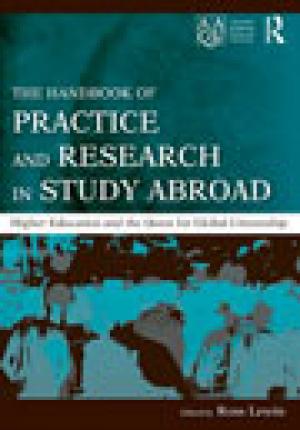
If we are all becoming global citizens, what then are our civic responsibilities? Colleges and universities across the United States have responded to this question by making the development of global citizens part of their core mission. A key strategy for realizing this goal is study abroad. After all, there may be no better way for students to acquire the knowledge, skills, and attitudes required to become effective change-agents in international contexts. The Handbook of Practice and Research in Study Abroad is a comprehensive survey of the field. Each chapter eloquently conveys an enthusiasm for study abroad alongside a critical assessment of the most up-to-date research, theory and practice. This contributed volume brings together expert academics, senior administrators, practitioners of study abroad, and policy makers from across the United States, Canada and other part of the world, who meticulously address the following questions: What do we mean by global citizenship and global competence? What are the philosophical, pedagogical and practical challenges facing institutions as they endeavor to create global citizens? How is study abroad and global citizenship compatible with the role of the academy? What are the institutional challenges to study abroad, including those related to ethics, infrastructure, finances, accessibility, and quality control? Which study abroad programs can be called successful? The Handbook of Practice and Research in Study Abroad is an indispensable reference volume for scholars, higher education faculty, study abroad professionals, policy makers, and the academic libraries that serve these audiences. It is also appropriate for a wide range of courses in Higher Education Master’s and Ph.D. Programs. (From the Publisher)
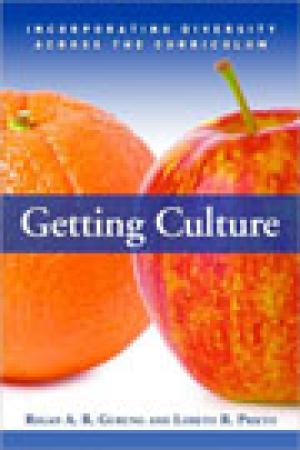
How do we educate our students about cultural diversity and cultural differences, and eliminate cultural ignorance, stereotyping, and prejudice? What are the conceptual issues involved in reaching this goal? How can we integrate these perspectives in disciplinary and diversity courses, and the curriculum? This book is a resource for answering these questions. Within the framework of current scholarship and discussion of essential concepts, it offers practical techniques, and empirically proven "best practices" for teaching about diversity. The book opens with a conceptual framework, covering such issues as distinguishing teaching to a diverse audience from teaching about diversity and contrasting the incorporation of culture across the curriculum with tokenistic approaches. Subsequent chapters identify classroom practices that can optimize students' learning, especially those from culturally diverse backgrounds; describe feminist principles of education that that promote learning for all students; and address principles of effective on-line instruction for diverse populations. The book is intended for faculty integrating diversity into existing courses, and for anyone creating courses on diversity. The ideas and suggestions in the text can be incorporated into any class that includes a discussion of diversity issues or has a diverse student enrollment. The contributors offer pragmatic and tested ways of overcoming student misconceptions and resistance, and for managing emotional responses that can be aroused by the discussion of diversity. The editors aim to stimulate readers' thinking and inspire fresh ideas. The book further provides teachers ofdiversity with a range of effective exercises, and attends to such issues as teacher stress and burnout. This book can also serve to inform and guide department chairs and other administrators in the design and implementation of diversity initiatives. (From the Publisher)
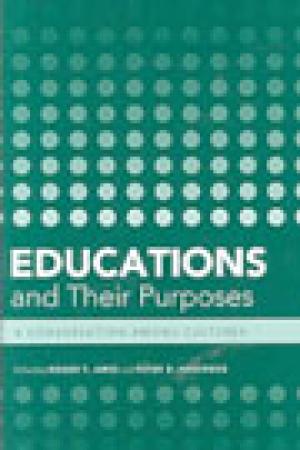
Chapters included in Part One, Education, Relationality, and Diversity, examine the growing intellectual awareness of a pervasive interdependence amid diversity in all aspects of the human experience brought on by the unrelenting processes of globalization. One of the most distinguished voices in the philosophy of emotions offers a sustained reflection in the opening chapter to Part Two, Educating Emotions: The Phenomenology of Feelings. In Part Three, East Asian traditions of thought that have never committed to the familiar mind-body dualism are appealed to as a resource for rethinking the body in education. The tension between personal authenticity and indoctrination in the role that education plays in preparing a person for a successful life is the subject of Part Four, Creativity and Habilitation, followed by chapters on the mutual accommodation of different approaches to education. The final essays discuss the role of aesthetic sensibilities in moral development with the theme of education and the aesthetics of moral cultivation. (From the Publisher)
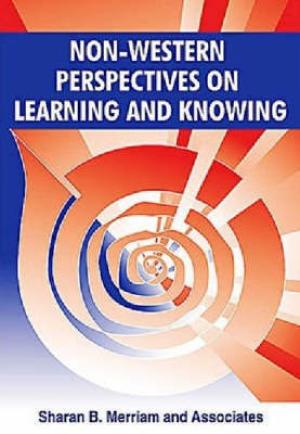
This book introduces readers to systems of knowing and learning different from our familiar Western educational tradition. As with other areas of education, the knowledge base that has developed around adult learning and education has been firmly lodged in Western values and culture. But we need only look beyond our borders as well as to our own indigenous Native Americans to find major systems of thought and beliefs embedded in entirely different cultural values. Chapters on Native American Indigenous Knowledge, Confucianism, Hinduism, Islam, Buddhism, Maori, Latin American Perspectives and African Indigenous Knowledge will acquaint readers with alternative understandings of learning, leading, it is hoped, to a more holistic understanding of adult learning. (From the Publisher)
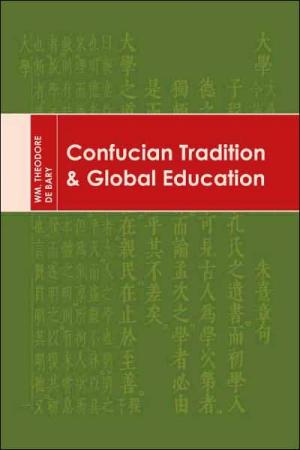
Drawn from a series of lectures that Wm. Theodore de Bary delivered in honor of the Chinese philosopher Tang Junyi, Confucian Tradition is a unique synthesis of essay and debate concerning the future of Chinese education and the potential political uses of Confucianism in the contemporary world. (From the Publisher)
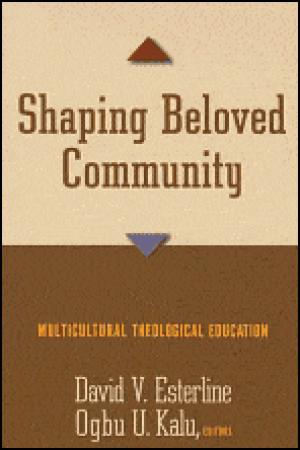
This collection of essays presents the theological, pedagogical, and disciplinary framework on which multicultural theological education is built. While many seminaries and divinity schools have expressed their commitment to create diverse communities of faculty and students, fewer schools have developed methods of learning and teaching that are appropriate for these communities. Written by faculty members at McCormick Theological Seminary, a school renowned for its commitment to diversity, these essays provide examples of new ways of learning and teaching that will help shape and sustain multicultural theological education.
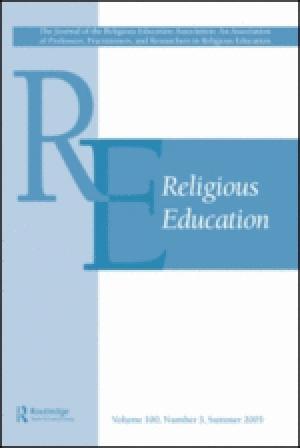
Journal Issue.
Journal Issue.
Taking seriously the implications of post-colonial theory, the authors revisit the introductory course (normally "World Religions") as a course on the plurality of religions in contemporary U.S. culture. They explain the structure of the course, and discuss practical and ethical issues around student field visits to learn about other religions.
This essay begins with diverse arguments for modifying history of Christianity courses to include the experiences of Asian Christianity. After discussing fundamental assumptions, several problems are articulated. The major portion of the essay describes three different strategies for integrating new materials into current curricular offerings. By conceptualizing the relationships between Asian Christianity and the history of Christianity in terms of (1) parallels, (2) supplements, and (3) challenges, material from theformer can be more readily incorporated into the teaching of the latter. Such strategies can be utilized in different teaching contexts, depending on the needs of students and instructors.